SpiceJet (SG, Delhi International) and De Havilland Aircraft of Canada (DHC, Toronto Downsview) have agreed to enter into a settlement following lengthy court battles over the non-payment of a debt surrounding the delivery of fourteen DHC-8-Q400s, the airline said in a statement on December 15. All legal proceedings have been stayed to ensure compliance.
“The company is pleased to announce that on December 13, 2021, it entered into a settlement agreement with the manufacturer of DHC-8-400 aircraft (De Havilland Aircraft of Canada Limited) wherein the parties agreed to settle all their disputes under and related to the aircraft purchase agreement and component solution agreement, subject to compliance with the terms of settlement,” the budget carrier said.
“All related proceedings before the UK court and execution proceedings before the Delhi High Court have been stayed and will be withdrawn upon compliance with the settlement terms,” it added.
Contacted by ch-aviation, De Havilland Aircraft of Canada commented: “The terms of De Havilland Canada’s settlement with SpiceJet are confidential. De Havilland Canada has no further comment.”
The announcement followed reports in late November in which sources claimed the two parties were close to an out-of-court resolution.
Earlier this year, De Havilland had asked the court in Delhi to force SpiceJet to pay USD42.9 million in damages awarded - and then upheld in early March 2021 at the High Court of Justice in London - over a 2017 purchase agreement for twenty-five of the Dash 8 turboprops. The manufacturer claimed the airline had paid for and taken delivery of only five of them and had stopped pre-delivery payments for most of the remainder.
SpiceJet appealed, and on July 21, the Court of Appeal of England and Wales ordered SpiceJet to pay GBP5 million pounds (USD6.7 million) within one month to cover the costs of its appeal. On August 16, SpiceJet applied for a 60-day extension in which to make this payment to the court, but in a draft judgement embargoed until December 7 and seen by ch-aviation, Lord Justice Nugee dismissed this simply as being “a pure delaying tactic.”
According to the ch-aviation Commercial Aviation Aircraft Data module, among SpiceJet’s total fleet of 90 aircraft, it currently operates thirty-two DHC-8-Q400s, thirteen of which are owned and nineteen leased. Three of the owned turboprops have been temporarily transferred to the carrier’s cargo division SpiceXpress (Delhi International), which is currently in process of being spun off from the parent company with its own AOC.
- Type
- Base
- Aircraft
- Destinations
- Routes
- Daily Flights
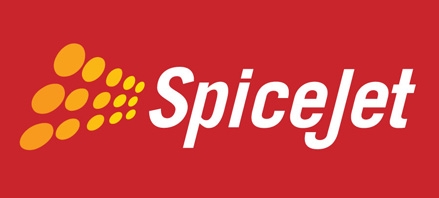
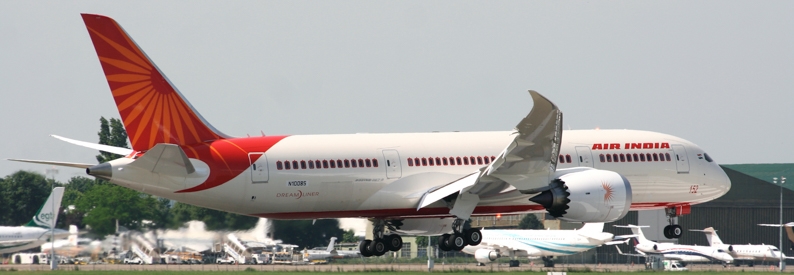
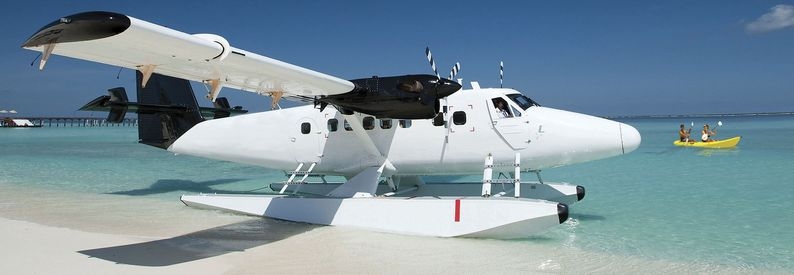
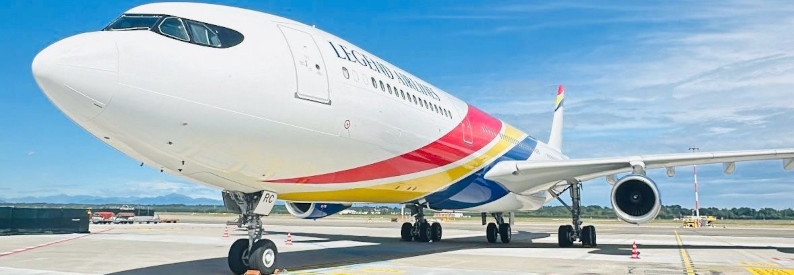
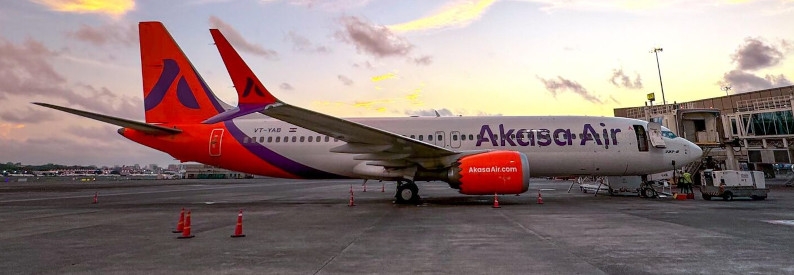
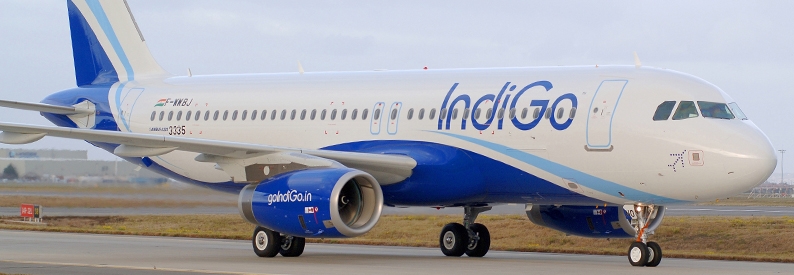
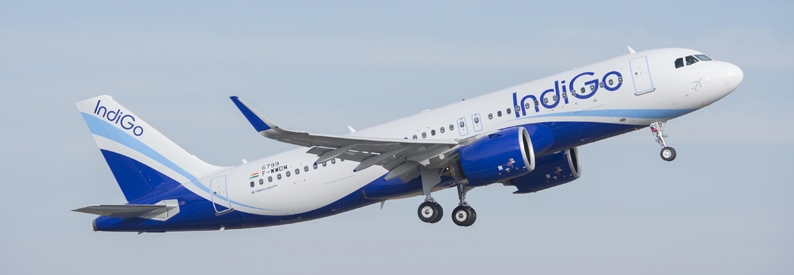
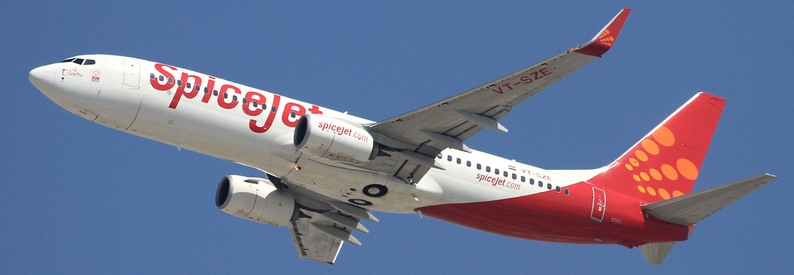
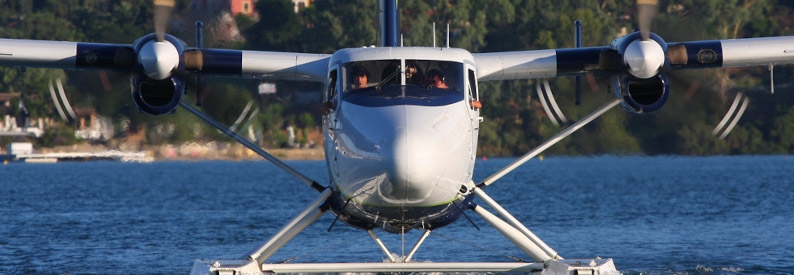
Editorial Comment: Adjusted the number of Q400s flown for SpiceXpress down from 7 to 3 as the aircraft have returned to passenger operations in the meantime. - 17Dec2021 - 07:54 UTC